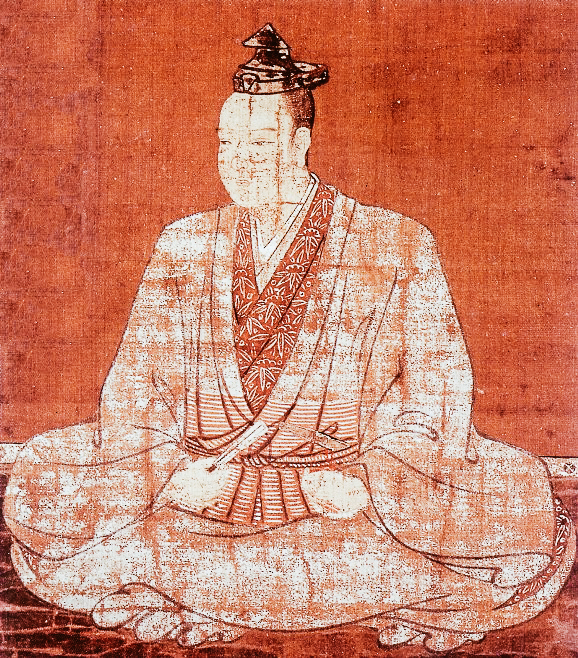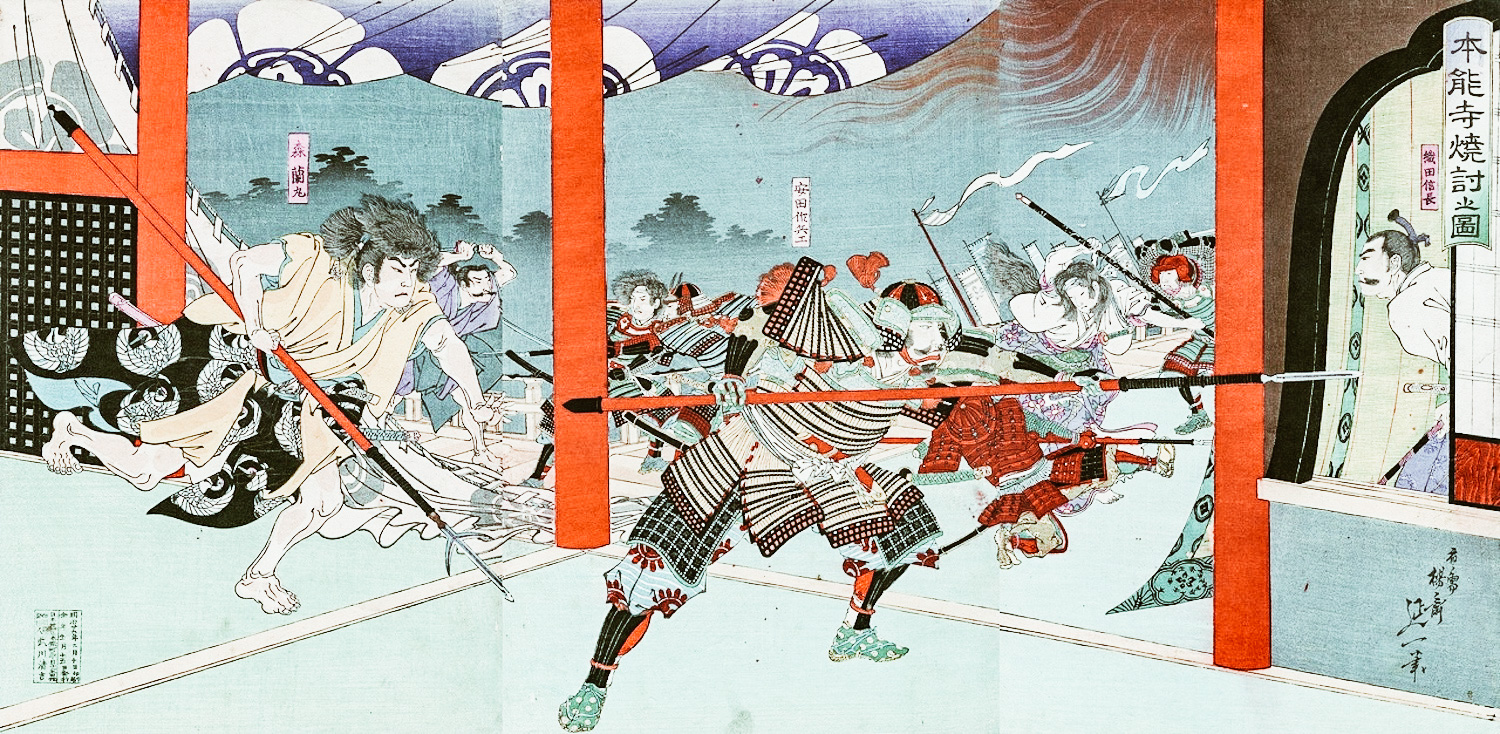Japan History: Akechi Mitsuhide
Akechi Mitsuhide (1526 – July 1582), also known as Koreta Mitsuhide, was a Japanese general. Son of Akechi Mitsukuni, Mitsuhide served Asakura Yoshikage and in 1566 he became a messenger for the “wandering wanderer” Ashikaga Yoshiaki. However, his greatest fame was that of being one of the generals in the service of the daimyō Oda Nobunaga, and his betrayal caused his death.

photo credits: samurai-world.com
He began to serve Oda Nobunaga in 1566 after the conquest of the province of Mino and in 1571, proving himself as skilled general, he received the territory of Sakamoto as a fief. Oda Nobunaga, seeing him as one of the men he could trust most, commissioned him to pacify the Tamba region and place it under the control of his lord. His military campaigns against local clans were successful and once he conquered the territory, he was rewarded with Kamiyama Castle by becoming the governor of Hyūga province.
Betrayal
In 1579 Mitsuhide conquered Yakami Castle which belonged to Hatano Hideharu and negotiated with him the terms for pacification. Oda Nobunaga, in total disagreement with the agreements made by his vassal, had Hideharu executed. At that point, the Hatano clan retaliated against Akechi Mitsuhide by killing his mother who had been kept hostage during the negotiations. This was probably one of the reasons that led Mitsuhide to betray Oda Nobunaga.

photo credits: samurai-world.com
On June 21, 1582, Nobunaga, in an attempt to escape the coup d’état organized by Mitsuhide, took refuge in the Honnō-Ji, a Kyoto temple that Mitsuhide burned. At that point, it is not known if Nobunaga died in the fire or if he had time to make seppuku first, but at the news of his death, Toyotomi Hideyoshi and Tokugawa Ieyasu gathered their armies to chase Mitsuhide. Hideyoshi was the first to find him and defeated him in the battle of Yamazaki during which Nobunaga’s traitor was killed by a bandit called Nakamura. Due to his death, he was nicknamed Jūsan-kobū (thirteen-day Shōgun).
The reasons for the betrayal

photo credits: samurai-world.com
We don’t know all the reasons that led Mitsuhide to betray Nobunaga, one could be what we have already said involving the murder of his mother. Another could concern the friendship that tied Akechi Mitsuhide with Shikoku daimyo Chosokabe Motochika. Around 2013, researchers discovered a series of letters in the Okayama Museum between Akechi Mitsuhide and his longtime friend, Chosokabe Motochika. The letters had been written a few months before the May 21, 1582 attack on Honno-Ji. According to the letters, Chosokabe had decided not to oppose Nobunaga and was willing to submit to the warlord. In response, it appears that Mitsuhide was trying to avoid taking part in Shikoku’s submission to avoid a future dispute that could have involved Chosokabe. Just to protect his friend, Akechi Mitsuhide probably decided to betray Nobunaga.
Another probable reason was Mitsuhide’s knowledge of Nobunaga’s future plans that he wished to rule the nation. Nobunaga had said he wanted to become Tenka Fubu, the only ruler under the sky. For this reason, it was assumed that he wanted to overthrow the emperor so that there would be no one above him. Perhaps Akechi Mitsuhide decided to eliminate Nobunaga thus saving the imperial family and the emperor.
According to some sources he managed to save himself in the battle of Yamazaki by becoming a monk named Nankobo Tenkai. His life is completely immersed in mystery and continues, even today, to arouse doubts and create assumptions.
Share this:
- Click to share on Facebook (Opens in new window)
- Click to share on Twitter (Opens in new window)
- Click to share on Tumblr (Opens in new window)
- Click to share on Pinterest (Opens in new window)
- Click to share on Telegram (Opens in new window)
- Click to share on WhatsApp (Opens in new window)
- Click to share on Reddit (Opens in new window)
- Click to print (Opens in new window)






